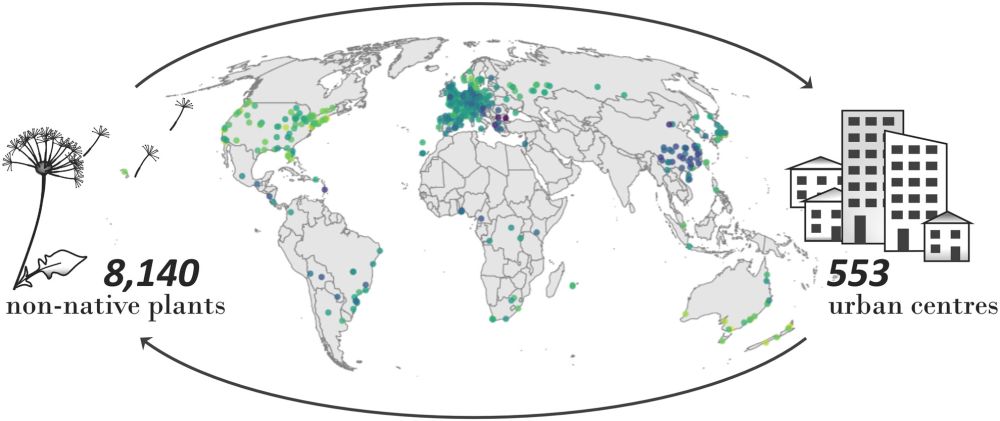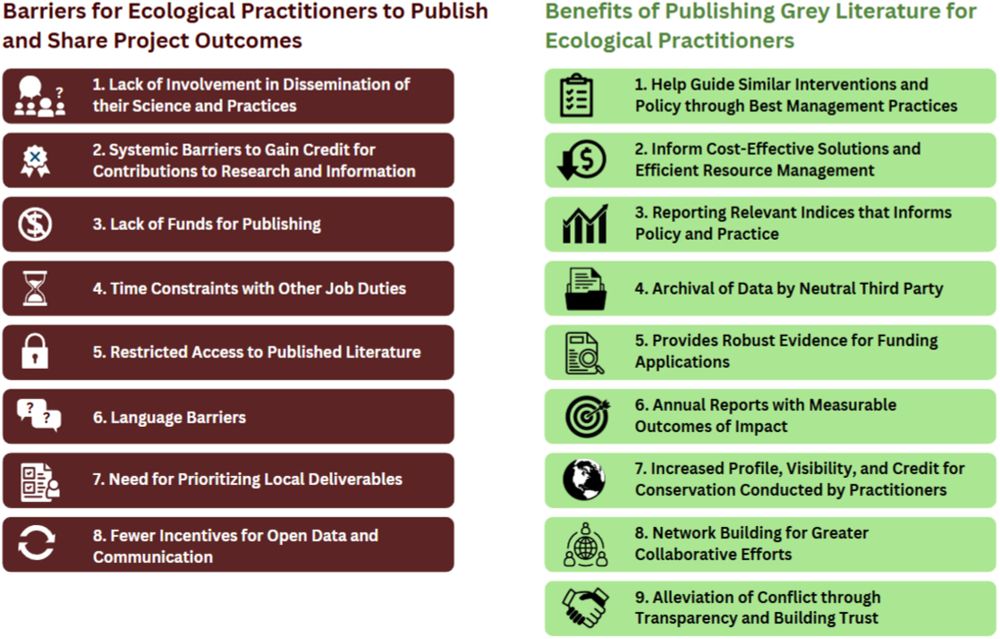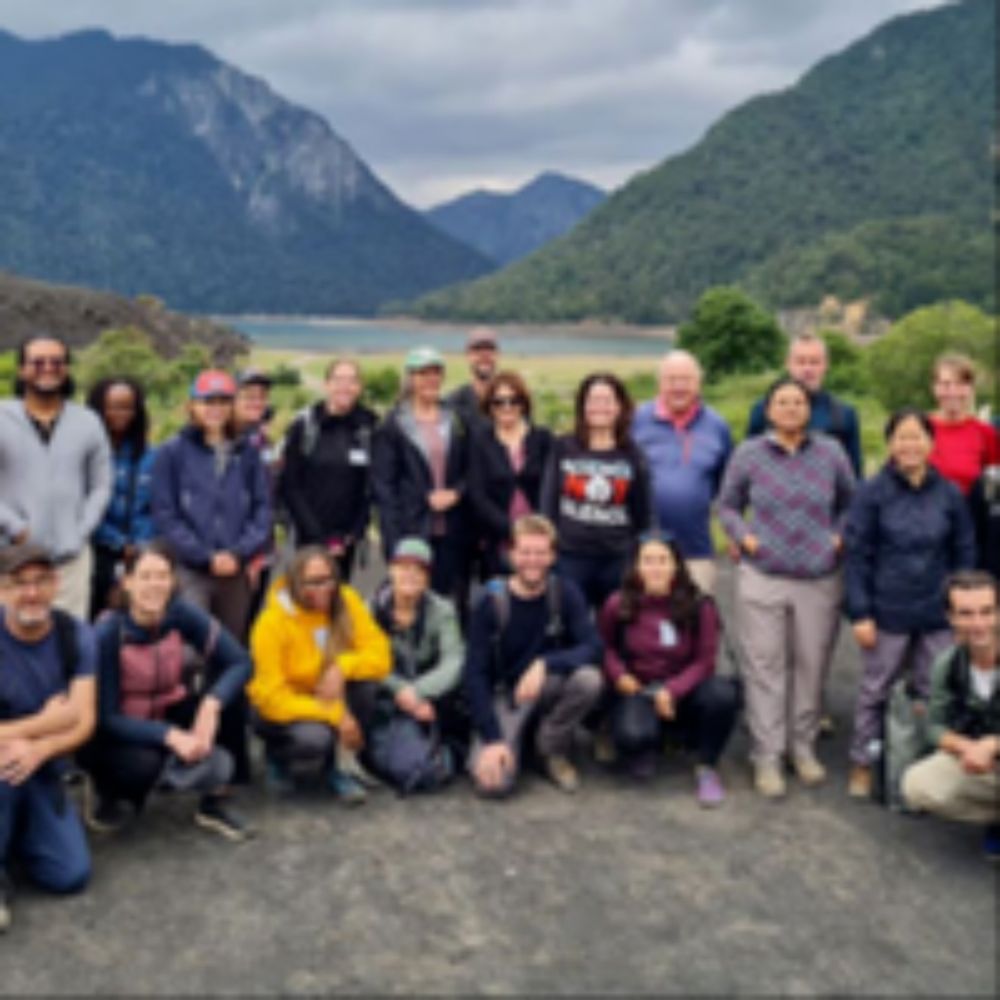U of Toronto Professor studying environmental change, biodiversity, and ecosystem functioning and services especially in urban systems. https://cubes-labs.com/. Editor of @aer-ese-bes.bsky.social



onlinelibrary.wiley....
Reposted by Marta Mìrazón Lahr

From: danielroelfs.com/pos...
Reposted by Ingolf Kühn, Erle C. Ellis, Elena Litchman

onlinelibrary.wiley....

A great opportunity for a postdoc interested in working on synthesizing exotic tree benefits and risks into an integrated framework to address conflict-generating alien taxa. In beautiful Stellenbosch, South Africa.
Apply by November 28 at:
https://bit.ly/4p9K8dn







onlinelibrary.wiley....
For some press: http://bit.ly/3V5EuvJ




zurl.co/M0kdW

zurl.co/PO0Xl

www.utoronto.ca/news/invasiv...

Reposted by Marc W. Cadotte, Pavel Kratina

Reposted by Marc W. Cadotte

* April 15, 2-3 PM EST
* Panelists Rese Cloyd (also incoming ESA President!) & me
* Register: esa.zoom.us/webinar/regi...
#ConservationJobs
Reposted by Marc W. Cadotte

Results suggest that introducing a high density of honeybee colonies appeared to enhance competition with wild bees, decreasing their contribution to pollination 📉🧪 🌏
🔗


besjournals.onlinelibrary.wiley.com/doi/10.1002/...

Reposted by Marc W. Cadotte, Heather M. Kharouba, Mariana C. Chiuffo




🔓 Workshop Report: doi.org/10.3897/rio.....
Reposted by Mariana C. Chiuffo
Reposted by Marten Winter, Anni Arponen, Mariana C. Chiuffo


www.sciencedirect.com/science/arti...





